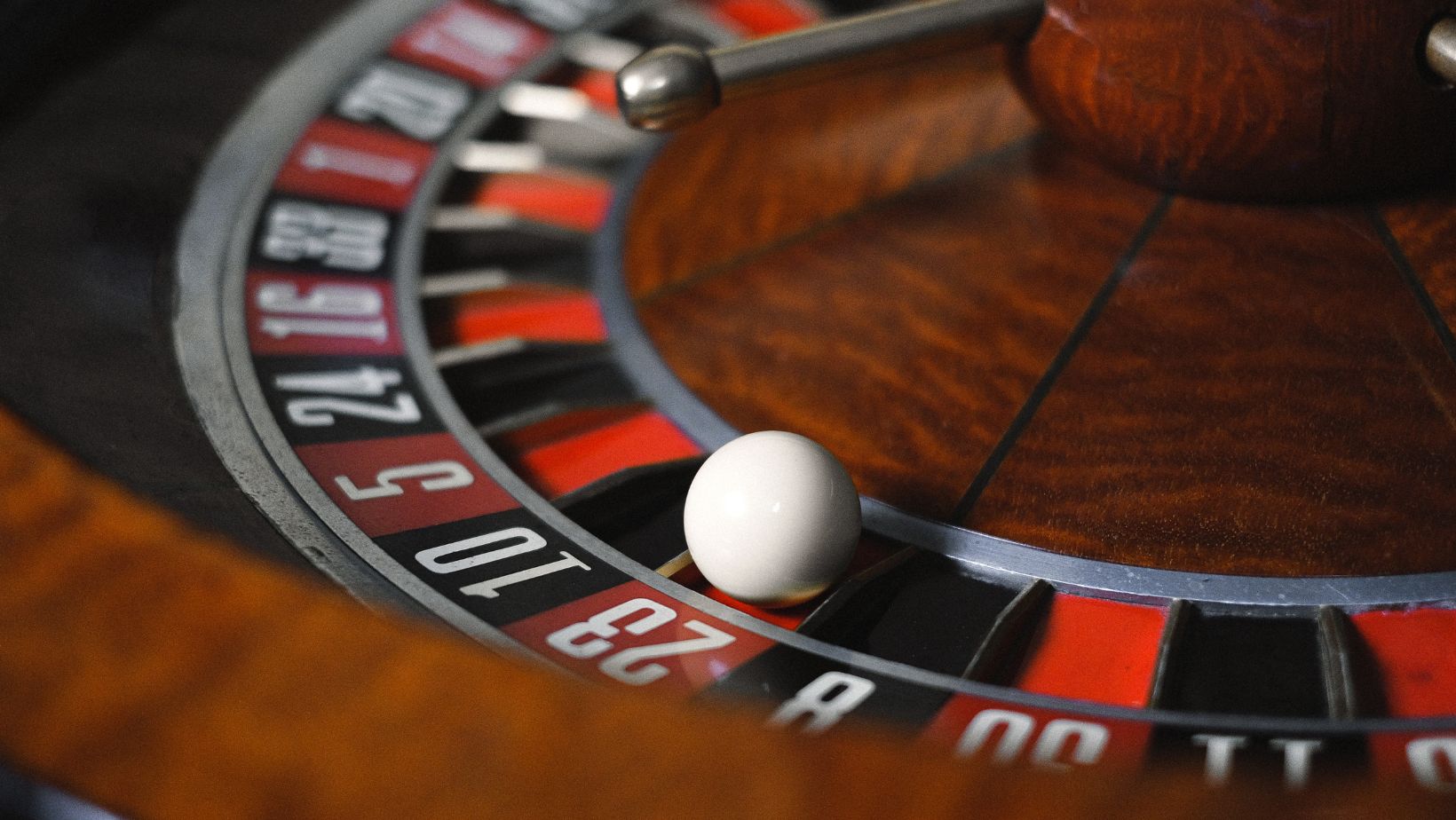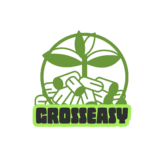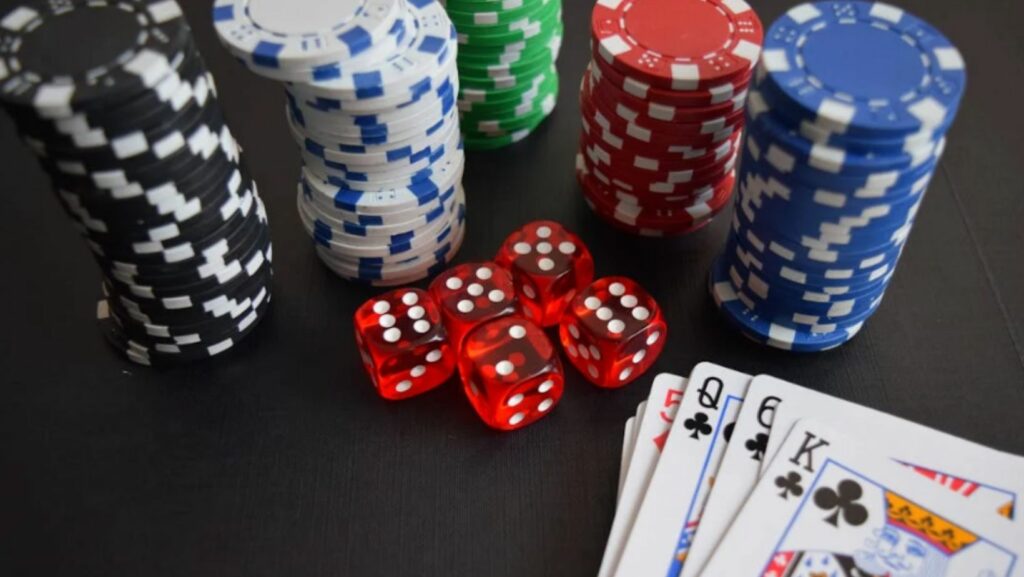Let’s be honest—most eco-advice feels like a boring rulebook. “Turn off the lights.” “Don’t use plastic.” “Compost your scraps.” It’s all true, but not exactly energizing. That’s where game-thinking flips the whole thing on its head.
Games make even the dullest tasks exciting. They turn checklists into missions. They add rewards where there used to be guilt. And that tiny psychological shift—from chore to challenge—might be what finally makes sustainable habits stick.
We’re wired to chase progress. Whether it’s beating a high score or keeping a streak alive, our brains light up when there’s a visible sense of accomplishment. Gamifying sustainability isn’t about making light of climate issues—it’s about making action light enough to carry every day. It taps into habit-forming psychology, builds community, and keeps things playful.
“Playing green” means turning eco habits into something you want to do—not something you feel obligated to. That shift matters. It’s the difference between burnout and buy-in. Whether you’re competing with your own best score or rallying your neighborhood in a cleanup showdown, games bring energy to something that often feels heavy.
So consider this your green start screen. No leaderboard pressure. No big prize. Just a new way to see the same old habits—and a few fun reasons to keep going.
The Solo Player’s Arena: Small Wins, Big Changes
Sometimes the best games are the ones you play solo. No audience. No competition. Just you, a challenge, and the satisfaction of quiet progress. If you’re looking to make greener choices without waiting for your household or friends to catch on, this is your arena.
The 7-Day Plastic-Free Game
This is your self-imposed mission. One week. Zero single-use plastic. Each day gets a goal: audit your trash, switch to glass jars, say no to plastic straws. Face “boss fights” like avoiding takeout containers or navigating airport snacks. Keep a tally, assign yourself daily scores, and make a log. Did you beat the lunch wrap temptation? +3 points. Used a compostable toothbrush? Bonus!
You’ll quickly notice how often plastic shows up in your routine—and where the sneaky culprits are. The game opens your eyes, helps you prep for future weeks, and teaches you more than any article ever could.
Fridge Tetris
Now make food waste your next level. Open your fridge and treat it like a logic puzzle. Organize perishables to be seen and used first. Stack meals by age. Cook with ingredients that are about to turn. Build meals around “what’s left” instead of “what you feel like.”
Give yourself a weekly goal: throw away nothing. Or score yourself based on how much produce survives the week. You’ll quickly get better at meal planning, preserving, and shopping smarter.
These solo challenges are deceptively powerful. They sharpen awareness and build real habits. And better yet? You don’t need anyone else’s buy-in or schedule. Just play when you’re ready.
Family Mode Unlocked: Eco Challenges for the Whole Household
When eco-friendly living turns into a family game, something magical happens. The whining stops. The excitement kicks in. Suddenly, the kids are racing to turn off lights and your partner is proudly collecting compost. It’s not magic—it’s just great game design.
Water-Saving Bingo
Each square is a real action: turning off the tap while brushing teeth, using greywater in the garden, collecting rainwater, or showering in under 5 minutes. Kids love it because it’s simple and visual. Adults love it because it’s measurable.
Post the bingo board on the fridge and let everyone track their progress with stickers or smiley faces. Offer small weekly prizes—movie pick, extra dessert, skipping a chore. You’ll be shocked how quickly those squares fill up.
Compost Scavenger Hunt
Turn composting into a house-wide hunt. Every person gets a small container and 10 minutes to find compostables. Yes, apple cores and coffee grounds count—but so do dryer lint, tea bags, shredded paper, and that wilted parsley hiding in the back of the fridge.
Award points for speed, creativity, and obscure finds. Create fun badges: “Banana Boss,” “Eggshell Expert,” or “Peel Patrol.” Suddenly compost isn’t gross—it’s gold.
When the whole household plays, sustainability becomes normal. Kids remember these games for years. Adults laugh their way into better habits. And no one’s lecturing. Everyone’s playing.
Community & Competitive Play: Take It Public
Now that your house is humming along, it’s time to bring the game to the neighborhood. Turning green habits into local challenges adds community, accountability, and a bit of pride. Plus, when you go public, others follow.
Neighborhood Green-Off
Set a two-week challenge. Each household earns points for actions like switching to LED bulbs, biking to work, repurposing old clothes, or planting pollinator flowers. Create a leaderboard with fun team names like “Green Machines” or “Zero Waste Warriors.”
Track everything on a Google Doc, a whiteboard at the community center, or even sidewalk chalk. Offer a reward for the winning team—a potluck picnic, free veggie boxes, or even a hand-decorated “Greenest Block” sign.
These friendly competitions bring neighbors together and normalize sustainable choices. You’ll find folks swapping tips, tools, and even reusable containers.
Trash Tag Redux
Take the viral cleanup trend and give it a twist. Teams get an hour to collect trash at a park, trail, or empty lot. Score based on weight, oddest find, and best before/after photo.
Add fun side missions: find three cigarette butts, one shoe, a Styrofoam cup. Post your finds with your team’s catchphrase. Offer small rewards like plant cuttings or upcycled trophies. Make it silly. Make it shareable.
Public games make sustainability visible. They encourage conversation. And they prove that change doesn’t need to be silent or solemn—it can be joyful, loud, and full of weird sock discoveries.
Power-Ups and Game Masters: Tools That Help You Win
Every game gets better with power-ups. Your sustainability game is no different. Whether you’re tech-savvy or analog all the way, there are tools that can boost your performance and help you stay on track.
Digital Tools That Spark Action
Try apps like JouleBug, which lets you log eco-friendly actions, or Olio, where you can give away surplus food and items in your neighborhood. Too Good To Go is great for rescuing food from local bakeries and cafes.
Set personal weekly goals: “Log 10 green actions,” “Save one meal from going to waste,” or “Share five items on Olio.” Watch how quickly small actions become second nature.
Make Your Own Game Board
No app? No problem. Create a giant wall calendar and fill it with color-coded actions: green for energy-saving, blue for water-saving, yellow for reuse. Add glitter if that helps. Tape on your fridge. Let everyone mark wins with a silly sticker. It turns routine chores into visible victories.
Real-Life Gamers Doing Good
A family in New Zealand created a home “eco-economy.” Kids earned points for turning off lights, composting, or helping with garden work. Points could be traded for screen time or weekend outings. Not only did their bills go down—they had fewer arguments about chores.
And some people even generate more revenue by playing games online with free cash—then use that to support rewilding projects or build up their home compost system. The point is: when you treat your tools like part of the game, it’s easier to stay motivated.
Reset, Replay, Remix: Keeping It Fresh Long-Term
Even the best games get old. That’s why variety is key. Sustainability isn’t a one-level quest—it’s a long game with twists, turns, and unlockable upgrades.The trick is knowing when to change the rules.
Monthly Missions
Try giving each month a theme: “No Trash November,” “Plastic-Free February,” “Air-Dry August.” Create corresponding challenges and keep a log of what you learned. You’ll start to look forward to the new month, not dread the next task.
Spin-the-Wheel Challenges
Put 10 creative green ideas in a jar. Pick one each Sunday. This week might be “Try a zero-waste lunch.” Next week? “Give up your car for 3 days.” Keep things unpredictable and low-pressure. The randomness adds surprise—something the brain loves.
The Achievement Tree
Draw a tree with big eco-goals as branches and smaller ones as leaves. Completing one leaf unlocks the next. It’s visual. It’s satisfying. And it shows how small steps add up to major growth.
 If you ever feel stuck, hit the reset button. Invite a friend into the game. Try the same challenge in a new way. Wear costumes. Use funny accents. Make it a parody. The point is to keep going—even if you remix the rules along the way.
If you ever feel stuck, hit the reset button. Invite a friend into the game. Try the same challenge in a new way. Wear costumes. Use funny accents. Make it a parody. The point is to keep going—even if you remix the rules along the way.
Why Play Might Be the Most Sustainable Strategy Yet
The world needs big changes. But those changes often start with little games—played in kitchens, backyards, classrooms, and on street corners. When sustainability becomes a game, it stops being about guilt and starts being about movement, curiosity, and actual momentum.
You’re more likely to do something if it’s fun. And you’re way more likely to keep doing it if you see progress. That’s where games shine. They show you where you’ve been and nudge you toward what’s next.
You don’t need fancy tools or endless time. You need the willingness to start—and maybe a whiteboard. The rest comes with play.
So go ahead. Make a fridge game. Invite the neighbors. Challenge your best friend to a zero-waste duel. Use rewards. Track your wins. Celebrate your flops. Laugh a lot.
And when you find something that works—share it. Because the more we gamify the path to greener living, the more likely we are to stay on it. Whether you’re tracking your water usage or turning compost into a family ritual, the goal isn’t to win. It’s to keep playing.

